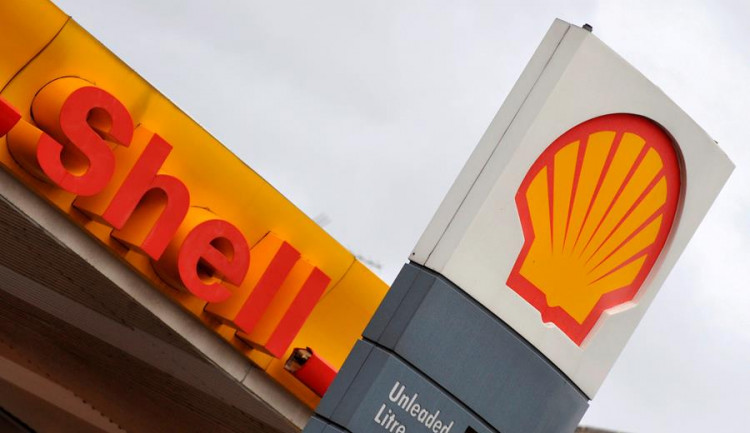The increasing number of central banks worldwide aggressively hiking interest rates has cast a shadow of uncertainty over the global economic growth outlook. Concerns about the global economy have taken a toll on oil prices, significantly reducing the profits of energy giants compared to the same period last year.
On July 27, "energy supergiants" Royal Dutch Shell and TotalEnergies announced their Q2 2023 financial reports. Weakness in oil and gas prices, refining margins, and trading volume has resulted in both giants' profits halving compared to the same period last year.
Royal Dutch Shell, Europe's largest oil and gas company, reported an adjusted net income of $5.073 billion for the second quarter of this year. This represents a 58% drop from the record $11.472 billion achieved in the same period last year and flat compared to 2021. The figure fell short of the analysts' average estimate of $5.58 billion.
Shell reported adjusted earnings per share of $0.75, below the market estimate of $0.83. The Q2 dividend was $0.331, just above the market estimate of $0.33. Operating cash flow for the second quarter was $15.13 billion, exceeding the market estimate of $13.85 billion.
Shell's CEO, Wael Sawan, conveyed that despite commodity prices' influence, Shell's operating cash flow remained impressive.
Looking at the divisions, Shell's Integrated Gas division saw the largest decline in profits, falling nearly half to $2.5 billion from $4.9 billion in Q1. The upstream business adjusted net income was $1.684 billion; the marketing business, $894 million; chemicals and products, $450 million; and renewables and energy solutions, $228 million.
Shell stated that the decline in prices and weak trading profits put pressure on natural gas after strong performance in the first quarter due to "seasonality and fewer optimization opportunities."
Biraj Borkhataria, an analyst at RBC Capital Markets, characterized Shell's financial report as "disappointing". The chemical division suffered a loss of $468 million due to weak demand, which was higher than anticipated.
Shell also announced a stock buyback of $3 billion, expected to be completed before the announcement of Q3 results, and increased the quarterly dividend by 15% to $0.3310. The company also revised its 2023 full-year capital expenditure forecast to $23-$26 billion.
Following the release of the financial report, Shell's U.S. stocks fell by over 1% before the market opened. At the time of writing, the fall had narrowed to 0.35%, leaving the stock at $62.40.
Amid significant declines in oil and gas prices, TotalEnergies also experienced a significant slide in its Q2 adjusted net profit, falling to $4.96 billion, a decrease of 49% year-over-year, and short of analysts' average expectation of $5.12 billion. Revenues were $56.271 billion, a 24.75% year-on-year decrease. The Q2 adjusted earnings per share were $1.99, below the market forecast of $2.19. The Q2 adjusted EBITDA was $11.11 billion, below the market forecast of $11.53 billion.
TotalEnergies CEO, Patrick Pouyanne, expressed that despite weak oil and gas prices in the second quarter, TotalEnergies once again delivered solid results with strong cash flow and shareholder distribution. The average return on capital was 22%.
After buying back $2 billion in shares in the first and second quarters, TotalEnergies plans to repurchase the same amount in the third quarter. TotalEnergies announced a temporary dividend of 0.74 euros per share. With the company seeking to divest from its Canadian oil business, it plans to distribute at least 40% of this year's operating cash flow to shareholders.
Meanwhile, TotalEnergies is maintaining its capital expenditure plan of $16 billion to $18 billion for the year, including $5 billion for low-carbon energy sources such as wind, solar, and biomethane.






